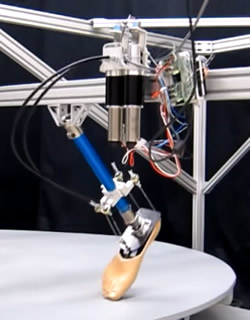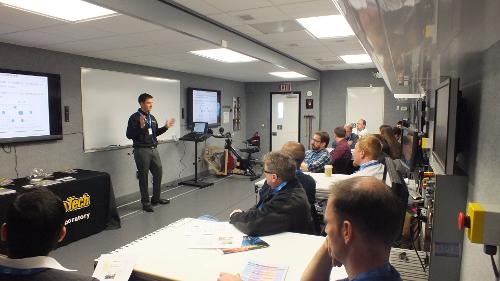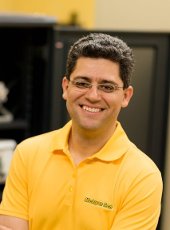
Jeremy Worm (MEEM/APSRC) is the principal investigator on a project that has received a $47,000 contract from the U.S. Department of Defense-Army Tank Automotive Research, Development and Engineering Center (TARDEC).
Chris Morgan (APSRC) and Jeff Naber (MEEM/APSRC) are Co-PIs on the project “Delivery of Hands-On Professional Development Modules in Diesel Engine Calibration and Powertrain Instrumentation.”
This is a five-month project.
By Sponsored Programs.








